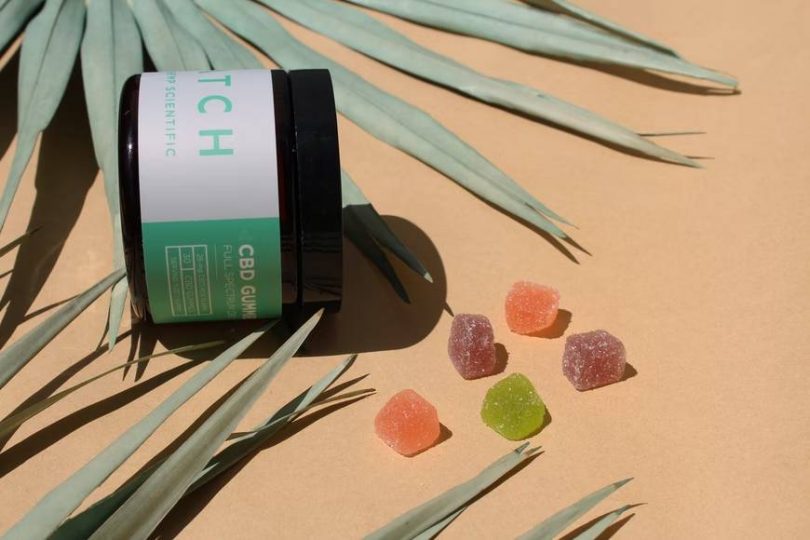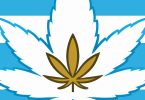In recent years cannabidiol (CBD) has made the switch from taboo to mainstream. Today people can find CBD in various forms, from gummies and capsules to tinctures, balms, and vapes. CBD products are also sold in local health stores, dispensaries, specialty online stores, and even massage spas.
Yet even though it has become incredibly popular amongst many, there is still confusion surrounding its legal status. Since there are state and federal regulations regarding CBD use, your ability to buy and use CBD legally ultimately depends on where in the US you live.
The Legal Status Of CBD In The United States
The controversy surrounding CBD use in different US states lies in the fact that CBD can be derived from hemp and cannabis plants. At the federal level, if CBD is obtained from hemp with less than 0.3% tetrahydrocannabinol (THC) by dry weight, it’s legal. On the other hand, if CBD is derived from cannabis with higher THC content, it is considered illegal because cannabis is categorized as a Schedule 1 prohibited substance [1].
In addition, it’s illegal for companies and individuals to sell CBD products that have not been approved by the American Food and Drug Administration (FDA). However, this doesn’t mean that all foods and beverages containing CBD are illegal, which is why there is confusion in the industries supplying CBD products.
Moreover, since cannabis laws differ on state and federal levels, one state’s rules won’t apply to another, which has often caused problems: some states only allow CBD with medical approval (often a doctor’s letter), while other states have wholly legalized CBD.
In addition to that, the federal laws surrounding CBD are continuously changing, so it’s best to stay abreast of current news to ensure you are not breaking any laws.
The States Where CBD Is wholly Legal
The states where CBD is wholly legal are the ones that honor the changes to the 2018 Farm Bill in its entirety [2]. These states allow individuals to possess and purchase hemp-derived CBD products like creams, capsules, and oils from various places, including online stores and supermarkets. In the US, most of the large CBD companies operate out of the states where CBD derived from hemp is wholly legal.
The states which have fully legalized CBD without any restrictions or constraints are the following:
- Alaska
- Arizona
- California
- Colorado
- Connecticut
- District of Columbia
- Illinois
- Maine
- Michigan
- Montana
- Nevada
- New Jersey
- New York
- Oregon
- Vermont
- Virginia
- Washington
Additionally, it’s important to note that at the time of writing, hemp-derived edibles are not legal in California, but CBD-derived ones are. Moreover, legislation has been proposed to remove this restriction.
Furthermore, in Massachusetts, CBD oil containing THC of above 0.3% is entirely legal for adults over 21 and those 18 to 20 with a medical cannabis license.
The States Where CBD Is Conditionally Legal
In all other states in the US, CBD is conditionally legal. This means that CBD products are legal but have different caveats and laws.
For example, in states like Alabama and Arkansas, CBD oil is legal even if it exceeds 0.3% THC if there is a medical cannabis license for specific conditions.
Moreover, in Nebraska, hemp-derived CBD oil is legal, but cannabis is strictly illegal even for medicinal reasons, and in Idaho, all varieties are deemed legal if there isn’t a traceable amount of THC.
References:
[1] Findlaw. 2022. Is CBD Legal? – FindLaw. [online] Available at: <https://www.findlaw.com/criminal/criminal-law-basics/is-cbd-legal.html[2] Laurence, E., 2022. Your Guide To CBD Legalization By State. [online] Forbes Health. Available at: <https://www.forbes.com/health/body/cbd-legalization-by-state/>










